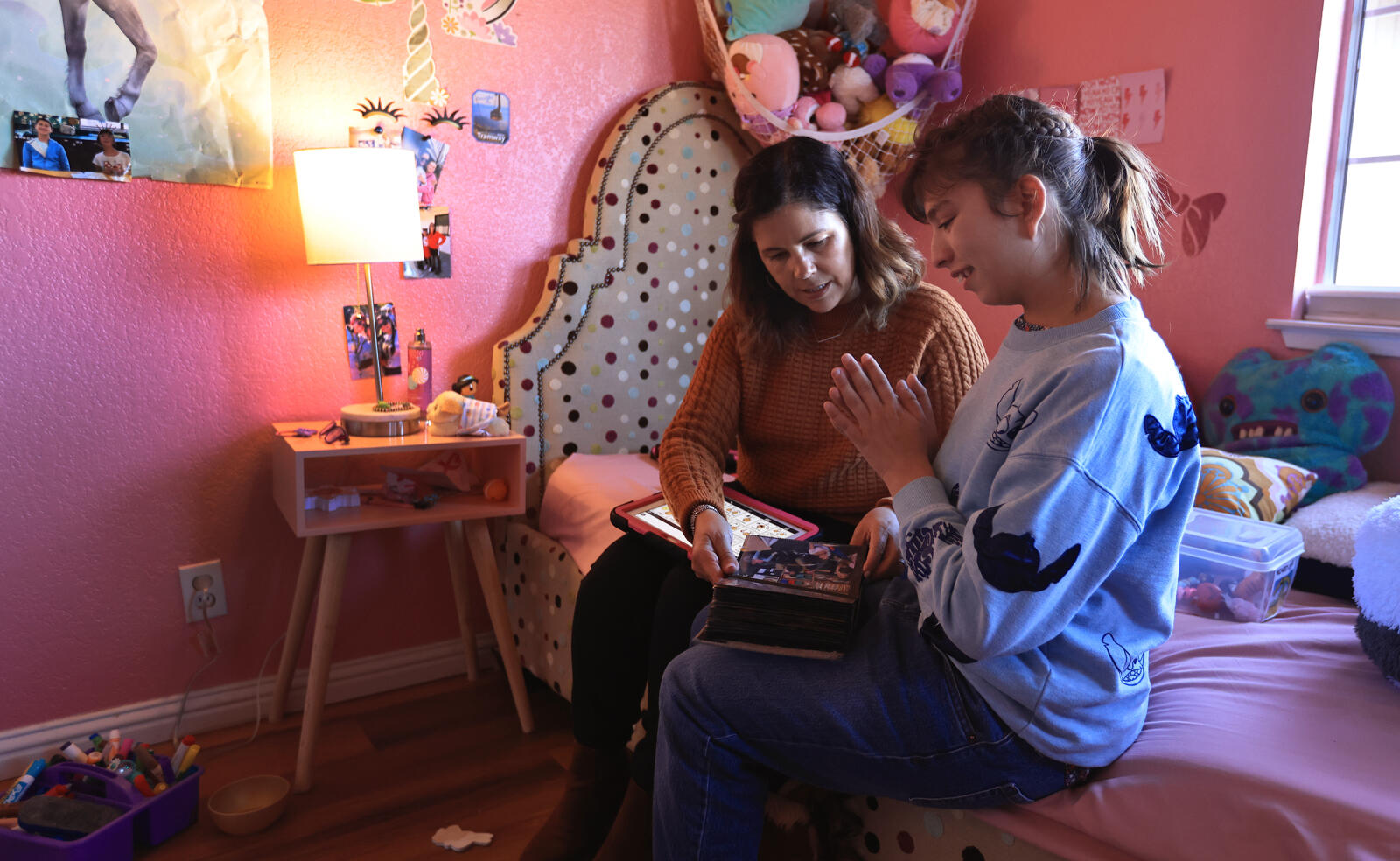The parent wished to remain anonymous. The student went through a series of transitions of classroom settings, which ultimately ended in suspensions and a transfer out of the district, the parent said.
Those issues began at the beginning of the child’s third grade year.
The parent says the district “rushed and pressured” her to switch her child from a 504 plan to a more dedicated IEP.
“So I signed the IEP, and my child went from a regular, traditional classroom into a ‘behavior’ classroom where the children were cussing at their one-on-one supports, kicking walls, hitting windows and my child was having panic attacks,” the parent said. “And the school was like, ‘Oh, no, that’s not a panic attack, that child is dangerous.’”
The child was “eloping,” a term used within special education to describe running out of the classroom and sometimes off campus grounds. This child received multiple suspensions for this behavior in the 2022-23 school year.
The student transferred into the specialized classroom less than a month before winter break. When returning to school, the mother was told her child’s classroom had “dissolved.”
The parent said they were was informed of the dissolution by an instructor and that no written documentation was provided, a claim the district disputes.
“They told me that there’s no appropriate place for your child. You have to home-school,” she said. “I have to physically go into work; I can’t work from home. I’m single and 100% financially responsible for all of my children, not just my special needs child, and so that wasn’t an option.”
The student was out of school for more than a month with their grandparent until the parent found a nonpublic placement.
“My child was not doing any schoolwork — nothing was provided to me for academics while I tried to find something else,” the parent added.
The student started at a nonpublic school the spring of that fourth grade year and quickly showed academic and social progress. The parent was happy with the placement and hoped the child would remain there.
The district requested her child come back for a new, “piloted” class in the child’s fifth grade year, the parent said.
That classroom was part of the Behavior Support Program at Brooks Elementary School, which serves students whose disabilities manifest as behaviors that affect both their ability to succeed in a classroom and may “influence the educational experience of other students,” Ryan said.
These classrooms were created at several campuses to provide an incidental and full-day support system for students who need help with deescalation and sensory and mood regulation, Ryan added.
Despite the parent persistently pushing back against the placement, the parent said they felt they had no choice.
When the child returned to Windsor and began at the new specialized class, the behaviors again worsened. The child was suspended repeatedly.
When the parent asked that the child receive one-on-one support, she said the district denied her requests.
The parent hired an attorney and made sure the child could transfer out of the district, return and remain at the nonpublic school, if the student wasn’t allowed to have an aide and attend general education courses in Windsor.
“I never was trying to sue anybody,” the parent said. “I was trying to fight for my child’s rights … I just felt like they had pushed me so fast into something I know nothing about, and I had no support.”
The group of parents began speaking with The Press Democrat in November 2023. Since those initial interviews, they’ve spoken out at Windsor Unified board meetings, written countless letters to the district’s special education leaders and called back to a request from 2021 that the district form a special education advisory group.
Some parents have met privately with board members. On Jan. 23, former Board President Malinalli López asked that a special education study session be conducted. Superintendent Jeremy Decker said a meeting could take place some time in the spring.
But a month later, on Feb. 20, Decker said he was “very hesitant” to have the meeting and was “struggling” to find a way it could be conducted without jeopardizing student confidentiality.
Trustee Rich Carnation suggested the group have a general meeting about policies and then meet with parents in closed session.
“Even though they’re individual (cases), they’re still going to have a lot of common …,” Carnation started, before Decker interjected.
“They will not have common threads, I promise you,” Decker said. “These are very individual decisions, there’s no commonality with the decision-making, it’s specific to the child, every single time.”
Decker did not say when the meetings would take place.
Report For America corps member Adriana Gutierrez covers education and child welfare issues for The Press Democrat. You can reach her at Adriana.Gutierrez@pressdemocrat.com.

